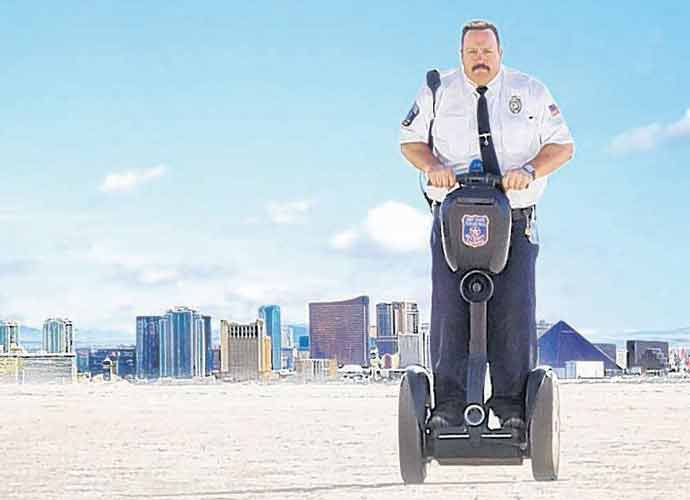Segway Ends Production Of Iconic Self-Balancing Scooter
Segway announced on Tuesday that the company will be stopping production of its signature, self-balancing scooter, the Segway Personal Transporter (PT). Manufacturing of the scooter will end on July 15, at the company’s Bedford, New Hampshire factory.
The company claims that the COVID-19 pandemic and the economic results of it were not factors in the decision to stop production of the scooter.
The first Segways debuted 20 years ago, but since then, especially in recent years, the market has become saturated with many types of electric-powered scooters. The PT only accounted for 1.5% of Segway’s total revenue.
Segway president Judy Cai said in a statement, “Given our decades-long history, we recognize that this decision may come as a disappointment to our strong and loyal following among private owners, who view the Segway as one of the more innovative creations of the early 21st century. We are grateful for the support and loyalty of our consumers and are proud of the impact our products have made on our customers’ lives and the reputation of the Segway brand.”
Over the years Segway has faced numerous problems, and the PT has often been ridiculed. When the PT launched, the head of Segway claimed it “will be to the car what the car was to the horse and buggy.” This prediction did not come true and Time magazine named the Segway PT one of the top ten biggest tech failures of the decade.
Although the Segway was a common sight at malls and airports for security, and around cities for tourist groups, overall the company never found a solid customer base. Segway was sold in 2009 and 2013, but neither investor found the right strategy for the company. Segway was sold to its current owner, Ninebot, in 2015. Ninebot supplies many types of e-scooters to the ever-growing and changing scooter market.
Citation: Economywatch.com round up the best trading platforms here
RELATED ARTICLES
Get the most-revealing celebrity conversations with the uInterview podcast!









Leave a comment